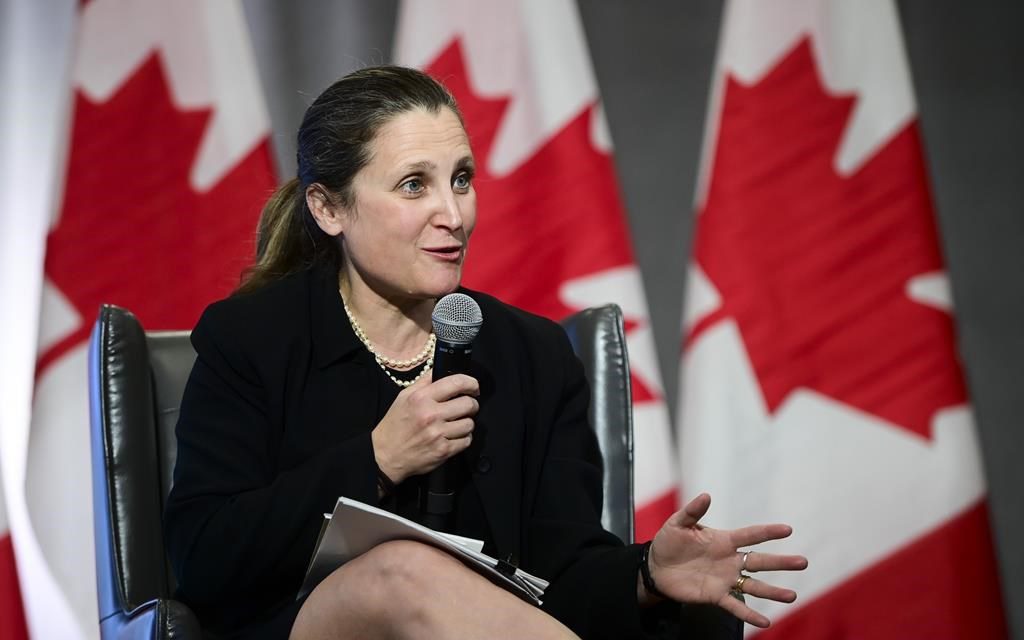The Liberals have no idea what they’re doing, or why they’re doing whatever it is they’ve found themselves doing. With less than a month to go until election day, will they manage to figure out a reason they called one?
You would have thought that at some point over the last several months of speculation that there was going to be an election at the end of summer, some of the people planning to spring that election might have figured out what they might do during the thing they were in the process of starting.
Look, I get they were massively ahead in the polls, and big polling leads tend to make incumbents — how should I put this — extremely stupid and arrogant.
But for not one moment so far has Justin Trudeau been able to articulate what the point of this is.
He’ll do something like promise to bring in 10 days of sick leave, which is a great idea it’s genuinely something the feds should lead on when the province won’t, but the question is: where the hell were you on this months ago? This would have sailed though parliament if it had been proposed earlier.
That’s probably the most galling one, because it’s not some policy with down the road effect, it’s a concrete thing that would have had benefits for people in the middle of a COVID wave. It also would have put pressure on the provinces to start mandating sick pay in their jurisdictions. But it didn’t happen then, it was just a shiny bauble to hold back for when the election came around.
Where the party has shown some glimmer of knowing what it was doing is in the day-to-day tactics of campaigning. They’ve done things to try and pin down Conservative Leader Erin O’Toole on mandatory vaccines, or some farcical-yet-ultimately-effective shenanigans to put the privatization of health care on the ballot.
But this is just tactics, a campaign is about more than winning the day’s news cycle. You have to be winning the news cycle with some purpose. There has to be some strategy you’re trying to achieve with what you’re doing.
It’s been more than a week now, and still this election drifts along in some ephemeral cloud. Why is it happening, what’s the point? Nobody seems to know, especially not the people who got us here.
It’s not that it’s expensive to run elections. What ever the cost is, I genuinely don’t care. I don’t think it’s a waste to hold a vote, elections genuinely do matter, even when they’re dumb as hell. And if it costs tens of millions of dollars to hold an election, so be it, pay the man and let’s go.
It really does help to have a compelling reason to call the election, though. Especially this time around. Trudeau had the misfortune of getting parliament dissolved on the very day the Taliban retook Kabul, the capital of Afghanistan. I think this matters very little in terms of the response — a government created by an invasion collapsed after a 20-year occupation packs it in, chaos is just about the only possible outcome — but it might be a little easier to swallow if there was some over arching reason for the plug to be pulled on parliament that particular day.
“We would like a majority government please,” does not count. But that seems to be all there is.
Wanting a majority might seem like a good enough reason when you’re on the inside, especially when your main opponent seems to be on their back foot. But why exactly should these people get a better position in parliament, just because they want one?
I argued previously there was an avenue for Trudeau to take that he could have said he was calling the election to really solidify what post-COVID Canada would look like. There was a way to talk about going to the vote as, essentially, a referendum on social supports post-pandemic.
But instead we’ve gotten a smattering of housing policy . It’s a mishmash that seems more likely to have come out of a political consultant’s report labeled “This stuff polls real good,” rather than a coherent vision for the future.
Despite when the Liberal braintrust may think of itself, they’ve never really been the smartest people in the room. Cunning, perhaps, but never de facto smart. Six years of their governance is all the proof we need of that. A smarter group might have followed through on some explicit promises made during previous campaigns. A smarter group might not have called an election until they were ready.
But these are not the smartest people. They don’t want to do things, they want to keep power. The reason they can’t articulate what this election is about is that to do so would to be too gauche. The reason they called an election when the did is because they were on an upswing, and O’Toole was on a slide. That’s it, that’s the reason. The seem to have figured they could wing the rest and the public would come along with them.
Unluckily for them, the public isn’t quite so easily led around. People actually do want something out of elections. That’s why in their quest to grab a majority, without knowing why they deserved it, the Liberals may just let government slip away.





